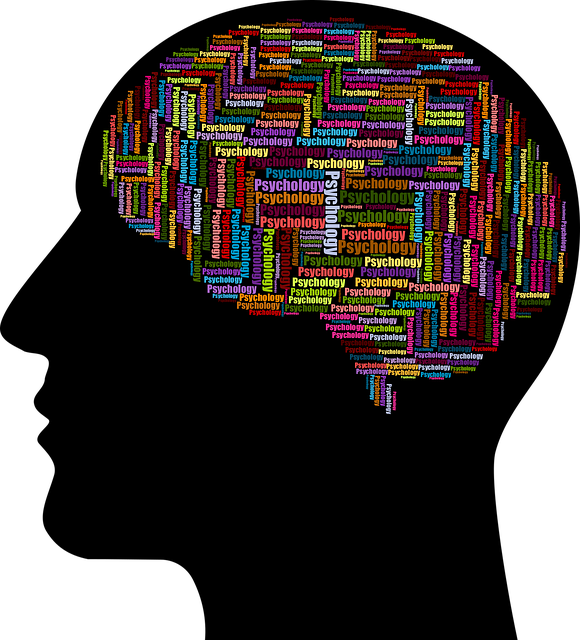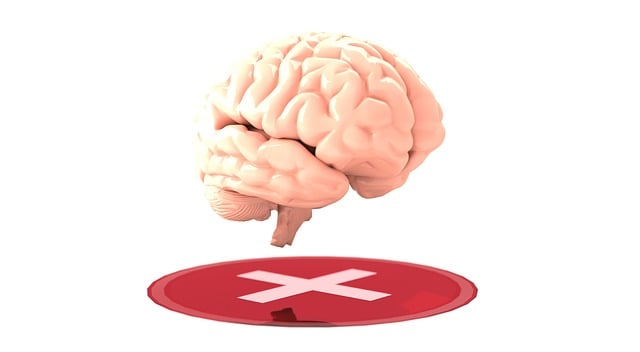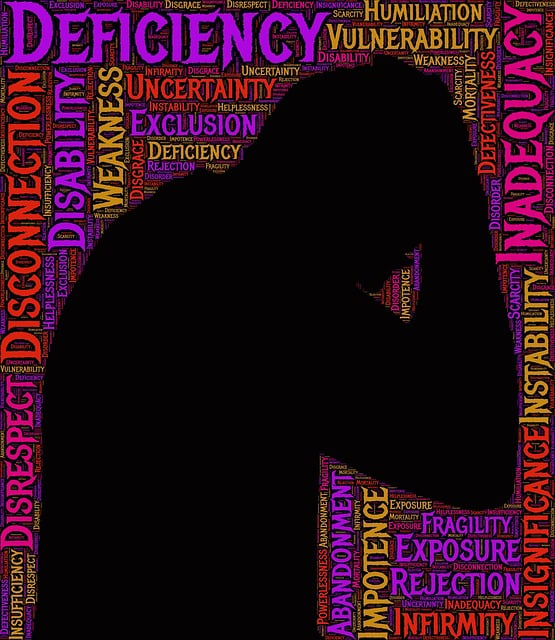Stigma surrounding mental illness significantly impacts young children's self-perception, leading to isolation due to shame and fear. Conditions like Functional Neurological Disorder (FND) often go unrecognized, exacerbating the issue. Early intervention through tailored therapy for FND is vital in reducing stigma. This involves teaching coping skills, mindfulness meditation, and fostering open mental health discussions. Educational strategies in schools, including FND awareness and self-care programs, are key to dispel myths and empower young minds. Healthcare providers play a crucial role in preventing burnout to offer empathetic support. Ultimately, this holistic approach aims to create a society that understands and supports individuals with mental illnesses like FND.
Mental illness stigma significantly impacts young children’s well-being, hindering their development and social integration. This article explores comprehensive strategies to reduce stigma, focusing on early intervention and therapy for young children with functional neurological disorders (FND). We delve into educational approaches tailored for schools and communities, emphasizing the power of awareness and empathy. By combining these efforts, we can foster supportive environments, promote understanding, and ultimately change perspectives for those affected by mental illness.
- Understanding Mental Illness Stigma and Its Impact on Young Children
- The Role of Early Intervention and Functional Neurological Disorder Therapy
- Educational Strategies to Reduce Stigma in Schools and Communities
- Promoting Awareness and Empathy: A Comprehensive Approach to Changing Perspectives
Understanding Mental Illness Stigma and Its Impact on Young Children

Mental illness stigma significantly impacts young children, often hindering their development and self-perception. Stigma can manifest as shame, fear, or misunderstanding, leading to isolation and a lack of support for these vulnerable individuals. Youngsters dealing with conditions like Functional Neurological Disorder (FND) might face unique challenges. FND, characterized by physical symptoms not fully explained by medical or neurological conditions, often struggles to gain recognition, further exacerbating stigma.
Efforts aimed at reducing this stigma are crucial for fostering mental wellness in children. Therapy plays a pivotal role in this process, offering tools for self-care practices and inner strength development. By promoting open conversations about mental health, we can create an environment where young people feel empowered to seek help early on, ensuring they receive the necessary support for their functional neurological disorder or other mental health concerns.
The Role of Early Intervention and Functional Neurological Disorder Therapy

Early intervention plays a pivotal role in reducing the stigma surrounding mental illness, especially when tailored to young children experiencing functional neurological disorders (FNDs). By implementing targeted therapy for young individuals at the onset of symptoms, healthcare professionals can significantly impact their overall well-being and cognitive development. FNDs, often presenting as physical symptoms with no organic cause, require a unique approach that addresses both the mind and body connection. Therapy for this age group should focus on developing coping skills and fostering self-awareness exercises to help children understand and manage their experiences.
Incorporating mindfulness meditation into treatment plans can be a powerful tool. This practice enables young patients to develop essential self-regulation abilities, promoting better stress management and emotional control. By teaching these children techniques to calm their minds and bodies, therapists can empower them to navigate their symptoms more effectively, thus reducing the impact of stigma they may face in their communities. Early intervention ensures that these individuals grow up with a healthier mindset, where mental health is discussed openly, encouraging a more accepting society for those living with FNDs or any other mental illness.
Educational Strategies to Reduce Stigma in Schools and Communities

In schools and communities, stigma reduction efforts are best initiated through comprehensive educational strategies that foster understanding and empathy. One such strategy involves integrating mental health education into curriculums. Teaching students about mental illness, its various forms like Functional Neurological Disorder (FND), and the impact it can have on individuals’ lives can dispel myths and misconceptions. This early intervention is crucial in shaping young minds to perceive and support their peers with mental health challenges.
Additionally, organizing Stress Management Workshops or mood management programs can equip both students and community members with tools for self-care and emotional regulation. These initiatives often include Self-Esteem Improvement activities that promote positive body image, resilience, and a sense of belonging, thereby reducing the likelihood of internalizing negative stereotypes associated with mental illness.
Promoting Awareness and Empathy: A Comprehensive Approach to Changing Perspectives

Promoting awareness and empathy is a multifaceted strategy within stigma reduction efforts. By educating communities about mental health conditions, such as Functional Neurological Disorders (FND), we can foster understanding and reduce the stereotypes often associated with them. This approach involves sharing personal stories, organizing workshops on topics like Emotional Intelligence, and integrating depression prevention initiatives into educational curricula.
Healthcare providers play a vital role in this process through burnout prevention strategies that encourage self-care and resilience. By prioritizing their own mental well-being, healthcare professionals can offer more empathetic support to patients facing FND or other mental health challenges. This holistic approach ultimately contributes to creating a society where individuals with mental illnesses are met with compassion rather than judgment.
Mental illness stigma reduction is a multifaceted approach that, when implemented effectively, can profoundly impact young children’s lives. By understanding the deep effects of stigma and adopting strategies like early intervention therapy for functional neurological disorders, educational initiatives aimed at reducing stigma in schools, and comprehensive awareness campaigns, we can foster more accepting communities. These efforts collectively promote empathy, break down barriers, and ensure that young individuals receive the support and care they need to thrive.











